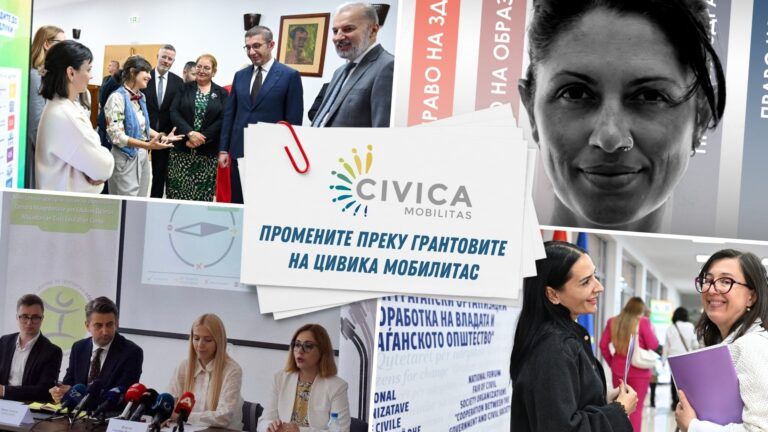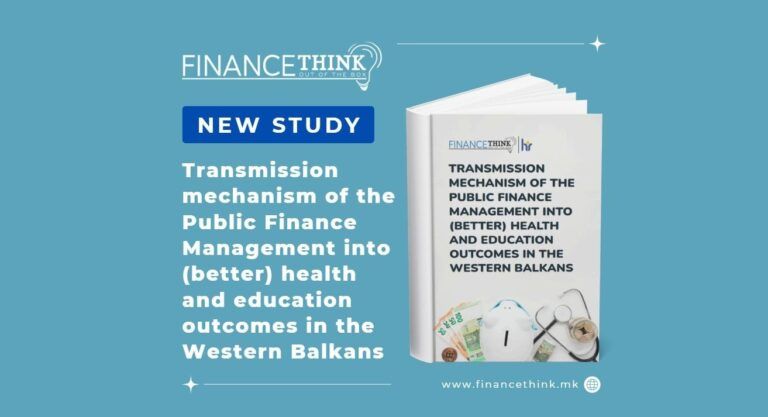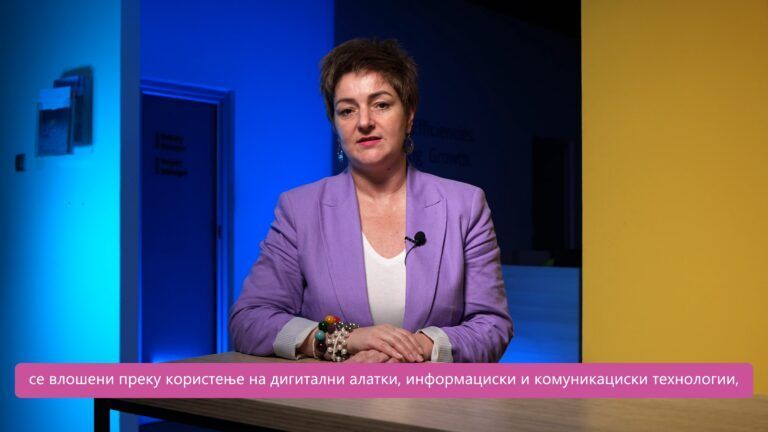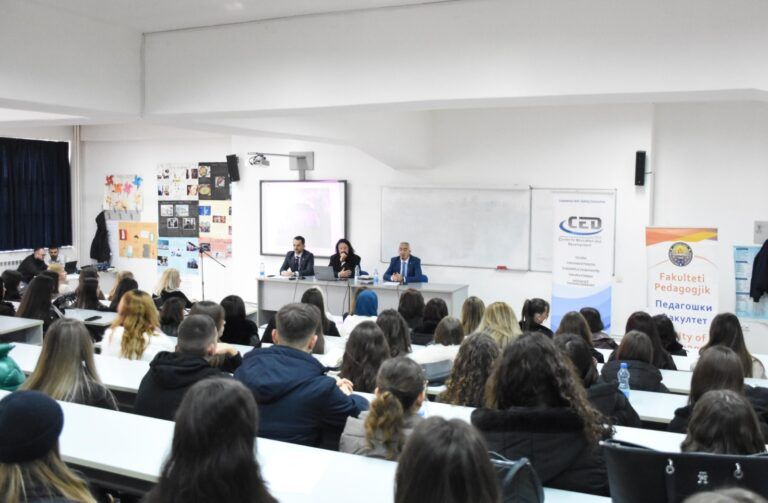INTERVIEW WITH VLADIMIR GJORGJEVSKI: JOINT CREATION OF EUROPEAN SOLUTIONS FOR A BETTER QUALITY OF LIFE
Interviewed: Enis Shaqiri
BIRC Institute
Vladimir Gjorgjevski is the Director of the local branch of RYCO in Skopje. In this interview for the BIRC Institute, he talks about the role of young people in the European integration process, the challenges they face, and the ways in which regional cooperation can be strengthened.
BIRC: Do young people have enough information about the process of European integration?
Vladimir Gjorgjevski: I don’t think so. They are showing less and less interest in this process, and many of them consider it unattainable in the near future. In other words, they don’t believe that our integration into the EU will happen while they are still young.
BIRC: What are the main obstacles preventing young people from engaging in the processes of Europeanization and democratization?
Vladimir Gjorgjevski: Motivation and the openness of institutions are key. Inclusive processes need to be created where young people are not only present at the table but also seriously consulted. Their recommendations should be taken into account, and they should be included in the implementation of sustainable solutions.
BIRC: How can regional cooperation among young people be improved in the context of European integration?
Vladimir Gjorgjevski: Through the joint creation of European solutions that improve the quality of life and living standards: by removing or reducing border barriers, mutual recognition of diplomas, creating equal opportunities for work and living, easy flow of goods, more opportunities for regional and intercultural cooperation, as well as possibilities for creating regional enterprises and businesses. By pursuing genuine Europeanization before becoming EU members.
BIRC: Are the current EU programs for youth (such as Erasmus+) sufficient to promote the Europeanization of the Balkans?
Vladimir Gjorgjevski: No. More local and regional programs are needed, because the Balkans has its own specifics and challenges. Young people need opportunities to learn, discuss, and create long-term solutions precisely in this context. Otherwise, Euroscepticism and youth emigration will continue to grow.
BIRC: How can we effectively counter disinformation and anti-European propaganda that influence young people?
Vladimir Gjorgjevski: First and foremost, by creating credible sources of information and supporting professional media without hidden interests. Greater support for young journalists is needed, as well as creating space for citizens to comment and report anonymously, and using modern forms of communication – social networks, creative visuals, videos, interviews, podcasts, and influencers that promote positive values.
BIRC: Do you think there is Euroscepticism among young people, and what drives it?
Vladimir Gjorgjevski: Yes, and it is increasingly growing. There are several reasons: the blockade from Bulgaria immediately after the Prespa Agreement, insufficient coordination of EU leadership regarding the aggression against Ukraine, the slow reform process at home, and the weak visibility of EU support. All of these factors fuel distrust among young people.
This interview was prepared within the framework of the project “Youth Engagement for the Europeanization of the Balkans”, implemented by the BIRC Institute from North Macedonia, NVO GLAS from Montenegro, and CFID from Kosovo, with the support of the Western Balkans Fund and co-financing from the European Union.
The interview was prepared with the financial support of the European Union. The content is the sole responsibility of the authors and in no way reflects the views of the European Union.
This post was originally published on this site

![[aggregator] downloaded image for imported item #39828](https://civicamobilitas.mk/wp-content/uploads/2025/09/543708402_2764943893700648_1274599406387485468_n.jpg)


![[Aggregator] Downloaded image for imported item #43092](https://civicamobilitas.mk/wp-content/uploads/2025/12/media-lit-call-for-proposals-fotor-naslovna.png)
![[Aggregator] Downloaded image for imported item #43146](https://civicamobilitas.mk/wp-content/uploads/2025/12/10-1536x1152-1-1024x768-1-768x576.jpg)

